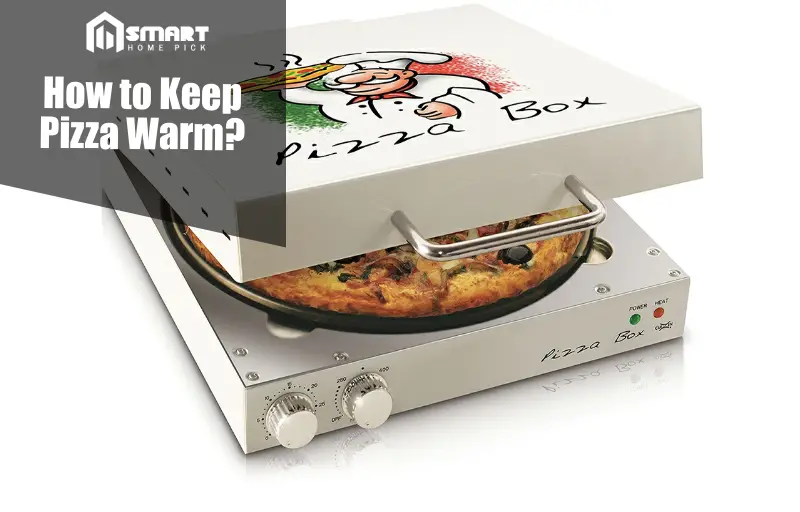Your home is where you make memories with family and friends. None of that affects its fair market value, though. Here’s how to make your house more valuable!
The latest reports show that home sales are up by nearly 12 percent throughout the U.S. Are you getting ready to sell your house? Do you want to make sure you get as much money for it as possible?
Before you put your house on the market, you might want to consider making some upgrades that will help you to increase its fair market value.

Read on to learn more about the factors that influence a home’s value.
You’ll also learn seven steps you can take today to increase the value of your home and get the maximum amount for it when the time comes to sell.
Factors that Influence a Home’s Fair Market Value
There are a lot of different factors involved when it comes to determining the fair market value of a home. The following are some of the most influential factors:
- The value of other homes in the neighborhood
- Location and proximity to things like public transportation and highways
- Size of the home
- Updates and upgrades to the home and property
- The state of the local housing market
- The state of the overall housing market
- Current mortgage interest rates
- Age and condition of the home
This last point is especially important. According to the pros at Otranto Real Estate Co, there are plenty of people who want to buy a fixer-upper, especially now that home renovation shows have become so popular. At the same time, though, many home buyers are willing to pay more money for a home that is move-in ready.
Increasing the Fair Market Value of Your Home
Some factors that determine the fair market value of your home are outside of your control. You can’t really change the state of the housing market or current mortgage interest rates, after all. There are still a lot of things you can change, though.
Here are seven ways that you can boost the fair market value of your home:
1. Replace Major Components
Nobody wants to move into a house and find out that it needs major repairs like a new roof or a new water heater.
If it’s been a while since any major components of your house have been repaired or replaced, it’s a good idea to take care of this before you put your house on the market.
If buyers know that they’re looking at a house with a brand new roof, they’re going to feel much more confident moving forward with the purchase.
2. Improve Energy Efficiency
These days, more and more people are making energy efficiency a priority.
Whether it’s because they want to reduce their carbon footprint or because they just want smaller monthly energy bills, having an energy efficient home is a huge plus.
Invest in a programmable thermostat to make temperature control easier or install LED lights throughout your home.
You might even want to consider something bigger (that yields large returns) like installing solar panels.
3. Increase the Size
When it comes to selling your house, bigger is almost always better. If you can increase the square footage of your home, you’re going to be able to sell it more easily and at a better price.
Most people increase the square footage of their homes by adding an additional room.
You can also make it bigger without adding any square footage by finishing the basement so that there’s more liveable space available. Adding a deck is another great way to give home buyers more bang for their buck.
4. Update the Kitchen
The kitchen is one of the most frequently visited rooms in any house. An updated kitchen is a huge selling point that can significantly increase the sales price of your house.
When it comes to updating your kitchen, there are many different approaches you can take.
You could try a mini-remodel and just repaint or refinish the cabinets. You could also go for a more intensive remodel and replace the countertops and invest in new appliances.
5. Update the Bathrooms
In addition to updating the kitchen, it’s a good idea to consider updating your bathrooms, too.
Focus on changes that make the bathroom seem relaxing and spa-like. Consider upgrades like new countertops, new faucets, heated flooring, or a tiled shower.
Remember to keep your bathroom clean, too. Nobody wants to buy a house that’s bathrooms are full of mold and dirt.
6. Boost Curb Appeal
Curb appeal makes a big difference in the way people view your home.
Remember, it doesn’t matter how nice your house is on the inside if the exterior looks dingy or run-down. Buyers are going to start forming an opinion about your home from the second they pull up to the curb.
Be sure to keep your lawn neatly trimmed and, in the autumn, make sure the leaves are raked.
Repair any cracks in your walkway or driveway, too, and consider repainting your front door to brighten up your home and make it more inviting.
7. Make it Smart
Finally, you may want to make some improvements that turn your home into a smart home.
Security cameras, smart door locks, and smart lighting can make your home more appealing to young, tech-savvy folks. These kinds of tools can also help to decrease homeowner’s insurance rates, which is a major selling point for a lot of people.
Consider investing in tools that will make future home buyers feel safe and secure inside your home.
You Can Check It Out to Real Estate Agencies Can Really Help You In Selling A House?
Learn More Home Improvement Tips Today
There’s a lot that goes into determining the fair market value of a home. There’s also a lot you can do to change a home’s value.
If you’d like to get more for your home when the time comes to sell it, be sure to keep these value-increasing home improvement tips in mind.
Do you want to learn more about improving your home?
Whether you plan to sell soon or just want to make it a more uplifting and inviting place for yourself and your family, we’ve got you covered.Head to the Home Improvement section of our site today for all kinds of helpful resources.
Frequently Asked Questions
What Adds Value to a Home the Most?
Some of the most common reasons that a property may add value include location, size or shape of the home, architecture and style of the home, landscaping and exterior design, appliances and fixtures in the home (and their age), roofing materials and insulation levels.
Additionally, homes that are well maintained generally tend to add more value than those that are not. This includes keeping up with regular maintenance tasks like tune-ups on plumbing systems, fixing leaks in roofs or gutters as soon as they appear., sprucing up outdoor areas such as planting flower gardens or adding benchesides , etc. All these little things can make a big impact down the line when it comes to appraisal values for your house!
What Brings Down Property Value?
Some common reasons include: poor management, zoning changes that don’t favor the property owner, overdevelopment near the home, shrinking market size for certain types of homes (single-family or detached), and crime in the area.
Homeowners need to be aware of these risks and prepared to take action if they see them happening around their own home. There are often ways to mitigate or even prevent negative developments from affecting your property value, such as hiring an estate agent who specializes in residential real estate appraisal or conducting your own research into local trends before making any decisions about selling or purchasing a home.
What Renovations Add Most Value?
Renovations that add the most value often include updates to the exterior of a home, such as painting or siding; making upgrades to appliances and fixtures; adding new flooring, cabinets, countertops, or windows; and redesigning bathrooms.
What Hurts a Home Appraisal?
There are a few things that can potentially hurt a home appraisal, and here are a few of the most common:
1. Losing contact with the appraiser – It is extremely important to keep in touch with your appraiser in order to ensure that your appraisal is progressing as planned. If you lose contact with them, it can cause some major delays and could even lead to a change in the appraisal.
2. Changes to the property – Any changes made to the property (whether it be repairs or new construction) can potentially affect the value of the home. If you’re not sure whether something has impacted the appraisal, ask your appraiser – they should be happy to provide feedback and updated information.
3. Fraud or misconduct – Always be wary of anyone who offers you an appraisal that you don’t feel confident in. If you have any suspicions about their methods or motives, contact your appraiser immediately.








